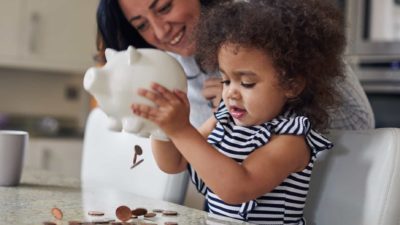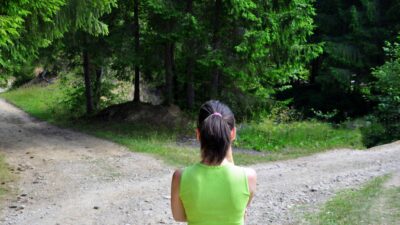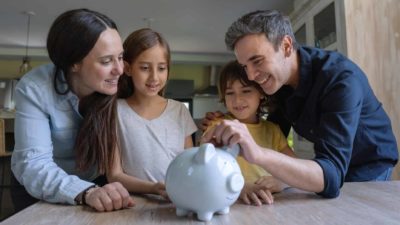Most of the western world is being asked, or told, to stay home as much as possible because of the coronavirus.
It's important that we Australians try to limit the spread of the virus and flatten the curve. The health officials are telling us to stay home if we can.
The healthcare side of this isn't the only issue that people are dealing with. The financial side of things is painful too.
Lots of workers are being stood down, whether it's in hospitality, travel or resources.
Who knows how long this is going to last? It could be two weeks, it could be up to several months.
This is particularly a problem for people that don't have much, if any, savings to fall back. I'm sure you've seen the reports that say something like a third of Aussies live paycheque to paycheque according to one survey by National Australia Bank Ltd's (ASX: NAB) Ubank.
The value of an emergency fund
Not everyone has been in the position where they can build an emergency fund – if you haven't, hopefully, the government's announced support will be enough to help you through.
But for plenty of us, we've had the opportunity to build up enough cash for this type of situation. Most emergencies we don't see coming, that's why it's an emergency. There's a reason why the advice is to have 'three to six months of living expenses' in a savings account in-case your income suddenly disappears.
Even just $1,000 set aside can make a big difference in keeping you afloat until you can get help or you can find another source of income.
If you've already lost your job then the government coronavirus support will be very valuable. For people who are still earning an income, I think it would be a good idea to build your savings to ride through this period, even if it doesn't turn into a bad recession.
One of the best ways to protect yourself financially during this (and any financial downturn) is to have a good emergency fund.
And some companies could also learn that lesson – it's good to have a healthy amount of cash on your balance sheet, things won't always be rosy.
You can't rely on investment values in the short-term
There's a big reason why many financial planners say that shares and property need to be long-term investments. You can't use shares as something for savings for a year or two, like for a house deposit. Occasionally there are crashes, just like we have seen over the past month or so.
You don't want to be selling your investments during a time like this. That would be permanently wiping off value from your wealth. Buying high and selling low is a bad idea!
We don't know how long it will take life to go back to normal. There could be a second wave of infections when people start travelling domestically and internationally again.
But in personal finance terms, I think this shows us why having an emergency fund is so important if you can build one.








